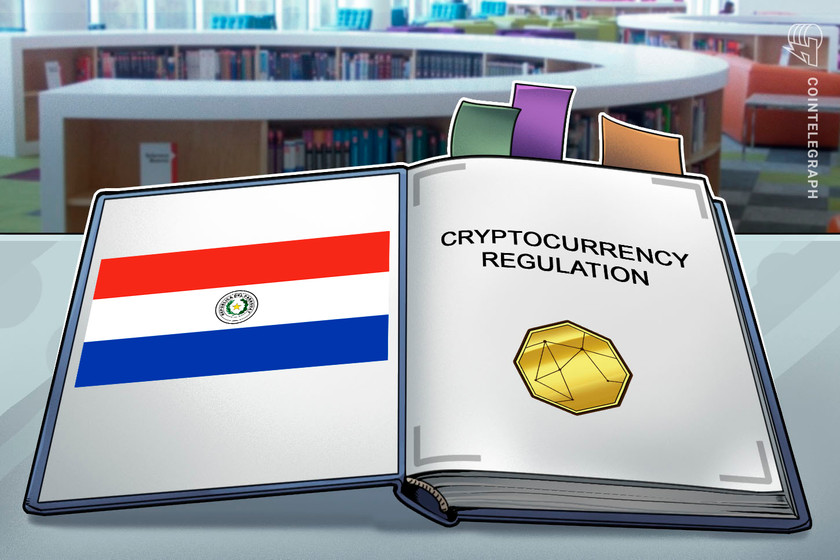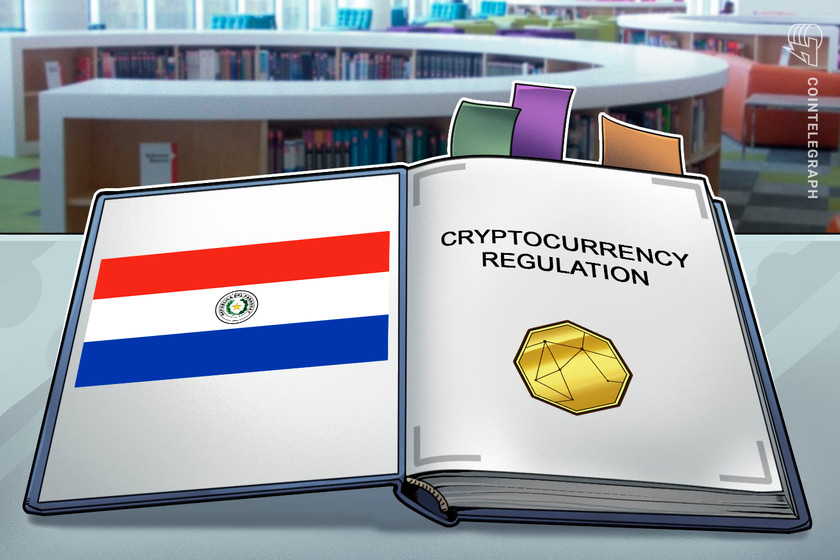Paraguay’s legislature fails to reverse presidential veto on crypto regulation law


Just 38 out of 80 members of Paraguay’s Chamber of Deputies voted to reconsider a bill to cap electricity rates for the country’s crypto miners.
The lower house of Paraguay’s bicameral legislature has failed to move forward on a bill aimed at promoting crypto mining through the use of surplus electricity following a veto from President Mario Abdo Benítez.
In a Dec. 5 session, members of Paraguay’s Chamber of Deputies discussed the pros and cons of incentivizing crypto miners to operate in the country with a cap on the electricity rates, but ultimately voted against amendments that would have effectively reversed a presidential veto. The discussion included how a lack of regulation around crypto-related activities had led to events like the downfall of FTX, the potential benefits of crypto mining in Paraguay as well as the volatility of cryptocurrencies like Bitcoin (BTC).
“Crypto mining would generate a source of employment, investment in capital, municipal taxes, [value-added tax], and a lot for local economies,” said Deputy Carlos Sebastian Garcia. “It is appropriate to reject the veto so as not to leave the field free again so as not to leave everything totally regulated and to give a starting point to an industry that has a lot of potential and has a lot of room for growth.”
“The rate with which the energy would be awarded to this industry is 15% above the industrial rate,” said Deputy José Reynaldo Rodríguez. “The people and the citizens would be subsidizing the cost of energy. Allocating this price to these types of industries would cause a loss of $30 million annually to the state.”
Just 38 out of 80 lawmakers voted to reconsider the bill, titled “Regulating the industry and marketing of virtual assets — crypto assets.” Nine lawmakers voted against the measure, with the rest absent, abstaining or voting “blank.”
Paraguay’s Senate originally approved the bill in July, which would have recognized crypto mining as an industrial activity in a country known for low electricity rates. The lawmakers also voted to establish a 15% tax on related activities. However, President Benítez vetoed the measure in August, leading to lawmakers revisiting it in December.
Related: Tax guidelines for crypto mining pass the first reading in Kazakhstan
Low energy costs in Paraguay have seemingly encouraged local and foreign mining firms to install rigs and other infrastructure, taking advantage of the country’s energy surplus. Neighboring Uruguay has also moved forward with crypto regulation, introducing a bill in September aimed at establishing the country’s central bank as the regulatory authority on digital assets.





